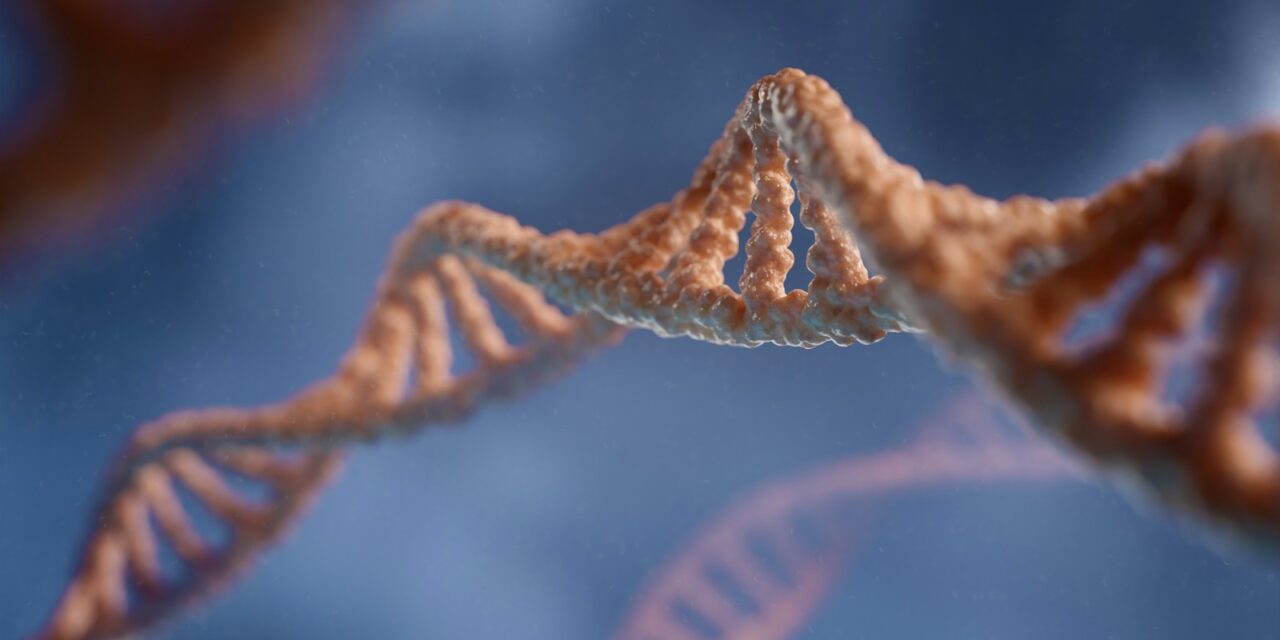The British Veterinary Association (BVA) has stressed that animal health and welfare must be central when conducting research and developing gene editing technologies.
This follows the release of BVA’s new policy position on the Gene Editing of Animals, which addresses the potential benefits and risks of gene editing in light of the Genetic Technology (Precision Breeding) Act passed in February 2023.
The BVA acknowledges that gene editing could bring significant improvements to animal health and welfare, such as increased disease resistance. However, the organisation calls for careful consideration of ethical concerns and the potential welfare implications for animals, urging that all gene edits should result in clear health or welfare benefits for the animal or its offspring.
Precision Breeding Act and Potential Uses
The Precision Breeding Act allows gene editing technology to be used in various ways, including curing congenital conditions, modifying an animal’s physiology or appearance, enhancing productivity, and enabling animals to adapt to different environmental conditions. While these applications have potential benefits, the BVA highlights the need for caution to ensure such uses are ethically justifiable.
A working group within the BVA, focused on the issue, concluded that gene editing should not be used to offset poor management or reduced welfare standards. The group also emphasised that no negative welfare impacts should occur, and any edits must provide a demonstrable health or welfare advantage.
Ethical Concerns and Regulatory Recommendations
The BVA’s position outlines several recommendations for a regulatory framework that prioritises animal welfare when considering gene editing applications. These recommendations include ensuring that gene editing results in better or comparable welfare outcomes than current high-welfare production methods. The BVA also stresses that gene editing should not be licensed for altering an animal’s appearance for aesthetic purposes or for improving sporting performance.
The position further advocates for the development of animal welfare assessment protocols for genetically edited animals. These protocols should include mandatory reporting from vets, owners, and abattoir staff to an independent authority, which should incorporate veterinary expertise to analyse the welfare impacts.
BVA President’s Perspective on Gene Editing
Dr. Elizabeth Mullineaux, President of the British Veterinary Association, highlighted the potential benefits of gene editing, but also cautioned against its misuse. “Gene editing has the potential to be a powerful tool for improving and protecting animal health and welfare. However, it must be used responsibly, never for aesthetic reasons or to boost performance in sport. The welfare of any animals involved must also never be compromised. Whilst recent work has shown its potential benefits, there remain lots of unknowns and more research is needed.”
Dr. Mullineaux also reaffirmed the BVA’s commitment to working closely with the Government to ensure that any future legislation regarding gene editing prioritises animal welfare.
The ethical questions surrounding gene editing will be explored further at this year’s BVA Congress at the London Vet Show, taking place from 14–15 November. A panel discussion, titled “Creating ‘perfect’ animals: Exploring the ethical questions around gene-editing,” will be held at 9:30 am on 15 November in the BVA Congress Theatre. Panellists include Dominic Wells, Professor of Translational Medicine at the Royal Veterinary College; Penny Hawkins, Head of Animals in Science at the RSPCA; and Huw Jones, an independent consultant in genetics and genomics.








